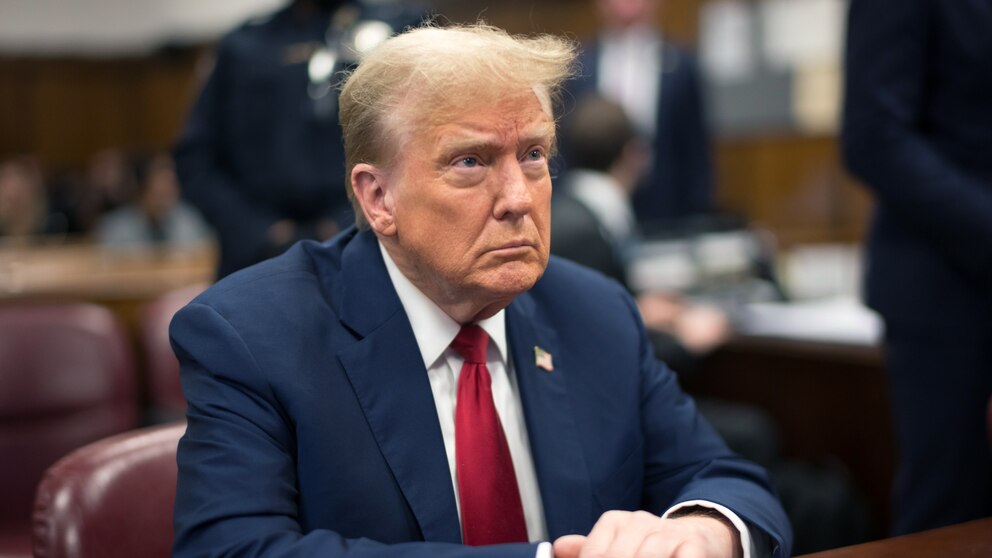Secret Service prepares for if Trump is jailed for contempt in hush money case
The U.S. Secret Service held meetings and started planning for what to do if former President Donald Trump were to be held in contempt in his criminal hush money trial and Judge Juan Merchan opted to send him to short-term confinement, officials familiar with the situation told ABC News.
Merchan on Tuesday reserved decision on the matter after a contentious hearing. Prosecutors said at this point they are seeking a fine.
“We are not yet seeking an incarceratory penalty," assistant district attorney Chris Conroy said, "But the defendant seems to be angling for that."
Officials do not necessarily believe Merchan would put Trump in a holding cell in the courthouse but they are planning for contingencies, the officials said.
There have not been discussions yet about what to do if Trump is convicted and sentenced to prison.
The former president is on trial on felony charges of falsifying business records to hide the reimbursement of a hush money payment his then-attorney Michael Cohen made to adult film actress Stormy Daniels ahead of the 2016 presidential election.

The Secret Service declined to comment on specific plans in the matter.
"Under federal law, the United States Secret Service must provide protection for current government leaders, former Presidents and First Ladies, visiting heads of state and other individuals designated by the President of the United States," the agency said in a statement. "For all settings around the world, we study locations and develop comprehensive and layered protective models that incorporate state of the art technology, protective intelligence and advanced security tactics to safeguard our protectees. Beyond that, we do not comment on specific protective operations."
Prosecutors argued that Trump violated the limited gag order -- which prohibits statements about witnesses, jurors, and lawyers in the case other than Manhattan District Attorney Alvin Bragg -- on at least 10 separate occasions this month.
Trump's lawyers said prosecutors have not proven that posts Trump made on social media criticizing Cohen and Daniels were willful violations of the gag order, telling Merchan that the former president was defending himself from attacks by the likely witnesses.
Defense lawyers also argued that the gag order is vague and allows Trump to make "political" statements.




